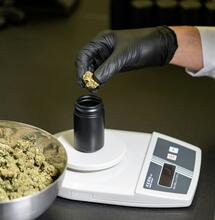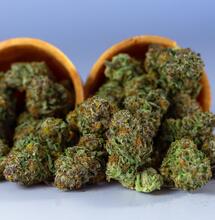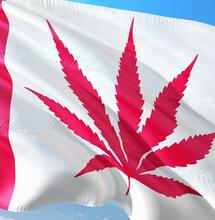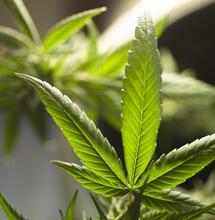Canada Increases Cannabis Regulatory Fees

The Canadian government is hiking eight regulatory fees levied on the legal cannabis sector starting April 1. Inflation is cited as the main reason for the fee increases. The announcement comes at a time when overdue fees from pot companies continue to climb in Canada.
The regulatory fee increases for Canadian cannabis operators are in check with the country’s official inflation rate, which is 4,4% in the 12 months leading to April 2023, according to an update in the official Canada Gazette.
The new regulatory fees are as follows:
- Micro-cultivation license application screening: 1,969 Canadian dollars ($1,457)
- Standard cultivation license application: CA$3,933
- Micro-processing application screening: CA$1,969
- Standard processing application screening: CA$3,933
- Nursery license application screening: CA$1,969
- Medical cannabis retail license app screening: CA$3,933
- Security clearance app: CA$1,987
- Applications for import or export permit: CA$734
That would not be the sole fee cost that Canadian cannabis operators are required to cover. In addition, businesses are liable for a separate annual regulatory fee of either a flat fee or a percentage of their gross profit.
The government-levied fees help settle the costs of regulating Canada’s legal cannabis industry, which includes the payment of hundreds of federal employers.
Some cannabis operators, in particular those who experience financial distress, do not pay the fees, however.
Overdue fees have been growing in Canada since 2019 and have reportedly capped CA$3.9 million (US$2,87 million) for the fiscal year 2022-2023.
Annual regulatory fees are typically calculated as 2.3% of a company’s gross income.
Cannabis More Profitable Than Beer or Wine
The Canadian government also collects excise tax money from cannabis product sales. Last year, this type of tax revenue turned in more dollars to state coffers than other jolly goods such as beer and wine.
In the 2023-23 fiscal year ended March 31, beer and wine together generated CA$887.7 million for the government. On the other hand, cannabis excise taxes brought in CA$894.6 million, as reported by MjBiz.
A parliamentary committee has formulated a recommendation where it asks the government to ease off on the cannabis tax, which for dried cannabis manufacturers is either CA$1 per gram or 10% of the value of the gram.
For edibles, extracts and topicals, it’s one cent per milligram of THC in the product.
In some cases, manufacturers are put in a situation where they have to pay more than 30% of the revenue they generate. Canadian weed firms are now almost universally railing against the high rates.
Also read on Soft Secrets:
- Market Correction in Canada is Already Happening












